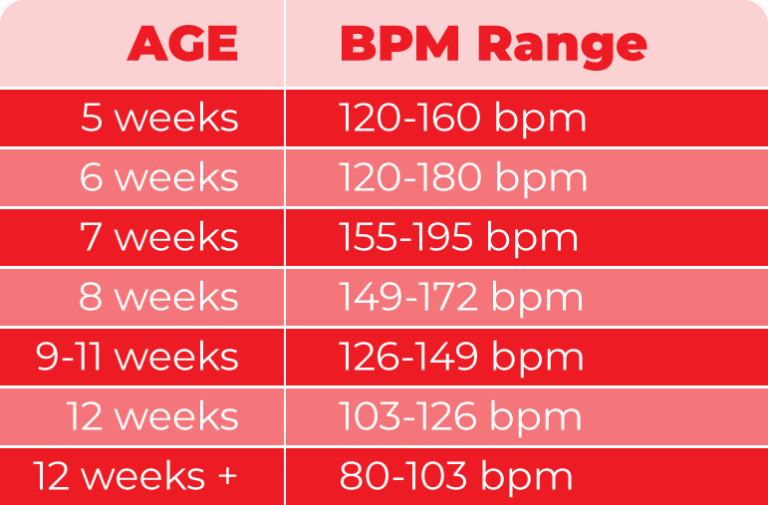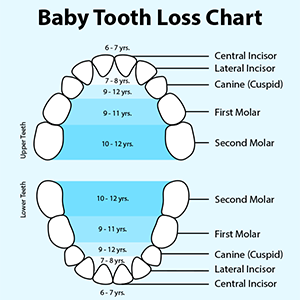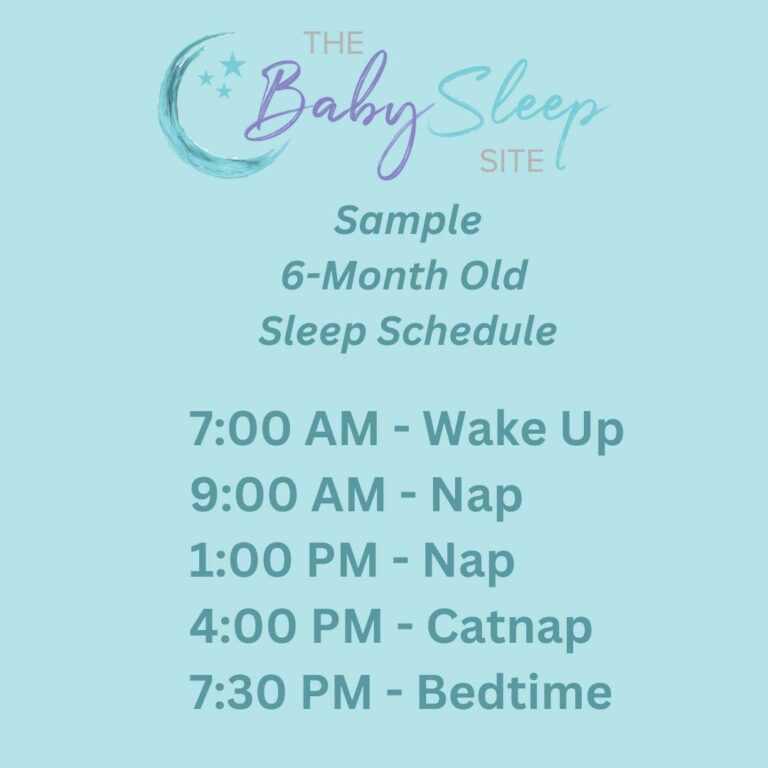Baby Only Sleeps When Held: The Ultimate Guide for Exhausted Parents
Are you a new parent struggling to get your baby to sleep anywhere but in your arms? You are not alone. Many parents experience the challenge of having a baby who only sleeps when held. This article will delve into the reasons behind this behavior, provide tips and tricks to help your baby sleep independently, and offer support and reassurance for exhausted parents.
Knowledge
When a baby only sleeps when held, it can be frustrating and exhausting for parents. However, this behavior is actually quite common in infants, especially in the early months of life. Babies are used to the warmth, comfort, and security of being held close to their caregivers, which can make it difficult for them to transition to sleeping alone in a crib or bassinet.
There are several reasons why your baby may only sleep when held:
1. Security and comfort: Babies feel safe and secure when they are held by their caregivers. Being close to you provides them with comfort and reassurance, making it easier for them to fall asleep.
2. Temperature regulation: Babies have a difficult time regulating their body temperature, and being held close to you helps them stay warm and cozy while they sleep.
3. Sleep associations: Babies are creatures of habit, and if they have become accustomed to falling asleep in your arms, they may struggle to sleep in any other way.
While it can be challenging to break the cycle of your baby only sleeping when held, there are strategies you can try to help them sleep independently:
1. Establish a bedtime routine: Create a consistent bedtime routine that signals to your baby that it is time to sleep. This can include activities such as a warm bath, reading a book, and dimming the lights.
2. Gradual separation: Start by putting your baby down drowsy but awake in their crib or bassinet. Stay close by and provide comfort and reassurance as they learn to fall asleep on their own.
3. White noise: Using white noise machines or apps can help drown out background noise and create a soothing environment for your baby to sleep in.
4. Swaddling: Swaddling your baby can mimic the feeling of being held and provide a sense of security as they drift off to sleep.
Conclusion
In conclusion, having a baby who only sleeps when held can be challenging, but with patience, consistency, and a few helpful tips, you can help your baby learn to sleep independently. Remember that every baby is different, and what works for one may not work for another. Trust your instincts as a parent and seek support from friends, family, or healthcare professionals if you need it.
For exhausted parents, it’s important to prioritize self-care and seek help when needed. Remember that this phase is temporary, and with time and patience, your baby will learn to sleep on their own. You are doing an amazing job, and your baby is lucky to have you as their caregiver.






